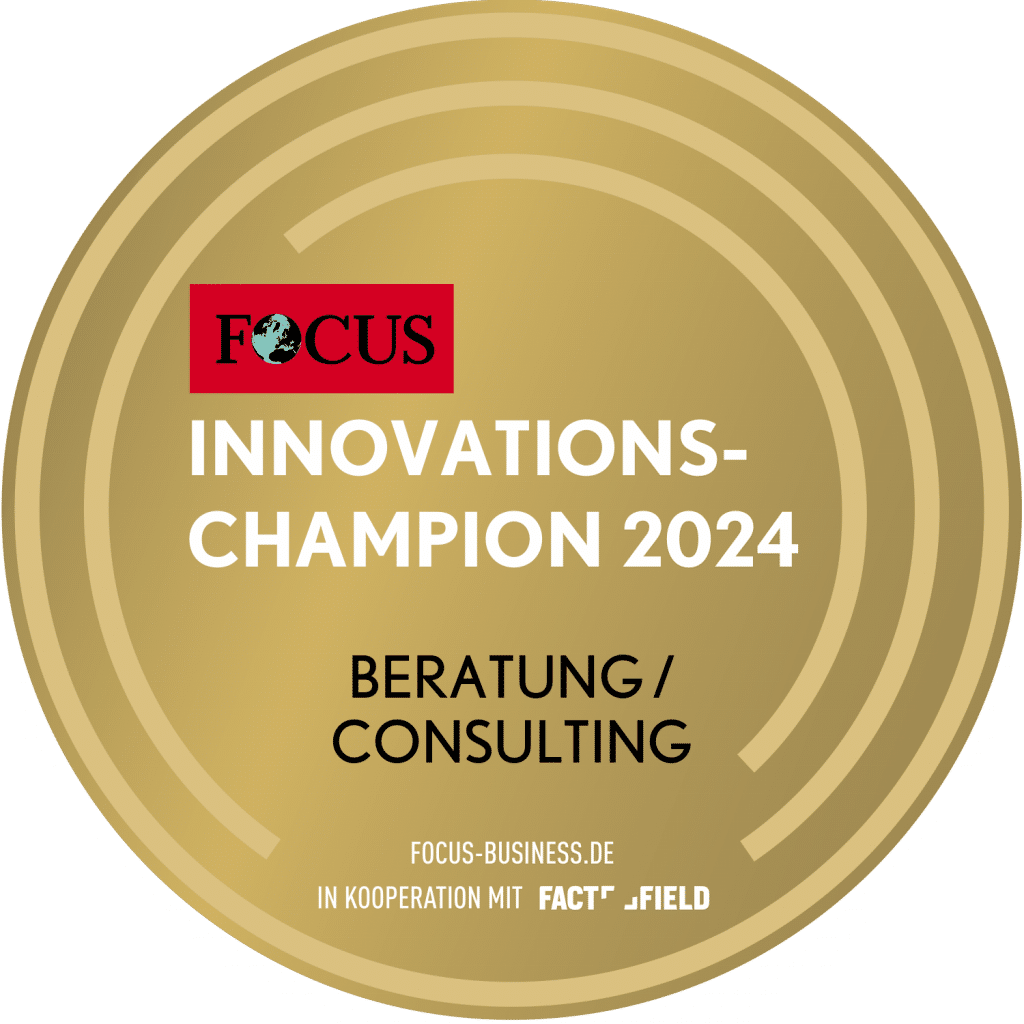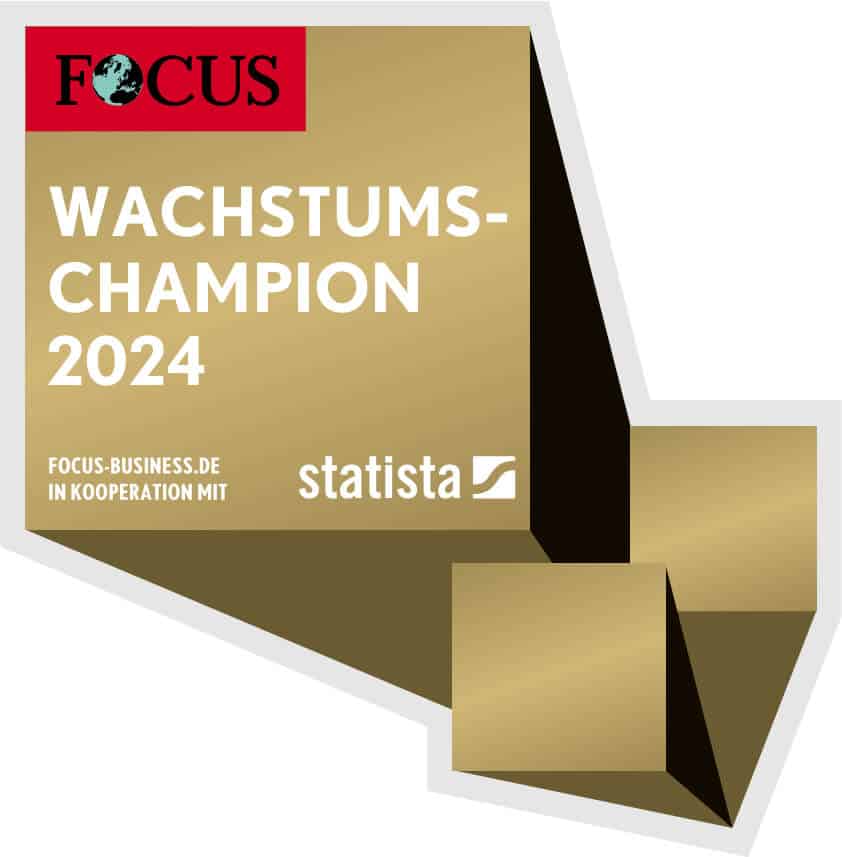The anthology on the "Enterprise Transformation Cycle" (ETC) is entering its second round: Following the great demand for practical success stories on implemented corporate transformations, the second part is now about to be published. In August 2020, "Mastering transformation projects with the Enterprise Transformation Cycle: successfully planning, implementing and completing projects", published by Professor Dr. Peter Steinhoff and Professor Dr. Mario Pfannstiel. In the following interview, TCI partner Peter Steinhoff provides interesting insights into how this book came about, what readers can expect from it and which questions the work will answer in detail.
How corporate transformation succeeds - an interview with Prof. Dr. Peter Steinhoff
Hello Professor Dr. Steinhoff! The first book "The Enterprise Transformation Cycle" was a complete success. Now the second book entitled "Mastering transformation projects with the Enterprise Transformation Cycle: successfully planning, implementing and completing projects" will be published next August 2020. How did this come about?
After the year 2018 the first book on the Enterprise Transformation Cycle (ETC) with the subtitle "Theory, Application, Practice" We received a great deal of positive feedback and requests for the application of the ETC in other transformation situations. Furthermore, not all colleagues who wanted to could contribute to the first volume due to the chapter limitations. This made us very aware of the enormous experience of the TCI partners in the field of transformation: the broad field of application, practical suitability and dissemination of the ETC. As a result, we decided to produce another book and could probably publish several more volumes (laughs).
What is the aim of this book, the second volume, when it comes onto the market?
The objective of this book has not changed significantly from the first project. The Enterprise Transformation Cycle is a recognized and valuable tool that has been used in practice for almost 20 years by consultants to transform corporate processes in a wide range of industries. However, the findings and experiences from these projects have never been collected and published until now. The aim of this book is to bring together this expert knowledge in a book and summarize it in a structured way.
With this book, Professor Pfannstiel and I want to create a reference book that supports decision-makers in the planning, implementation and organization of change projects and provides a framework for action.
We - as transformation experts - can provide the necessary support; through consultants who provide the necessary inspiration and thus accompany, guide and support transformation processes. With the contributions in the book, we have been able to show that we have a wealth of expertise and practical experience in this field for almost 20 years.
This book once again focuses on the topic of "transformation", which is on everyone's lips in companies due to globalization and digitalization. What challenges are companies facing here?
The pace of change in society, politics and companies has increased dramatically in recent years. In this context, the term VUCA world is often used - a world characterized by volatility, uncertainty, complexity and ambiguity.
Many companies that were very successful on the market until recently have disappeared into insignificance. Digitalization, globalization and many other megatrends require a consistent rethink in companies in order to continue to operate successfully on the market. And now the coronavirus has been added to the mix and will accelerate the pace of change at breathtaking speed. With the ETC, we have provided a method that can be used to accompany or manage such a transformation in the face of VUCA in companies.
Essential success factors for transformation projects and their implementation
In your book, you show how transformation projects can be successfully implemented, mastered and, above all, completed. In your opinion, what are the success factors?
The key success factor of a transformation is the Corporate culture. It can be seen as both a driving and a limiting factor. If the corporate culture acts as a limiting factor, a decision must be made as to whether it makes more sense to adapt the transformation concept to the corporate culture. This decision naturally depends on the time frame, financial resources and the need for urgency. However, the basic consideration of the ETC is the sequence "strategy follows culture". In a reverse sequence - "culture follows strategy" - a successful transformation requires a strong need for change, a strong impetus from outside and close integration with the inside of the company.
However, it is also clear that the more a corporate culture is aligned with the objectives of the changes, the more likely it is that the transformation will succeed. It is important to remember that a corporate strategy can be changed within a few weeks and the organizational structure can be adapted in a short space of time. However, a transformation is only successful if it is also lived and thus supported by the corporate culture. However, this change can take several years.
The book "Mastering transformation projects with the Enterprise Transformation Cycle" is another practical work with numerous authors. What specific topics are covered?
The first part of the book, "Transformation Management", deals with the success factors, challenges and potentials in the context of digital transformation in companies. The second part of the book, "Transformation processes", focuses on the management, steering and control of transformation processes. Part three deals with "transformation relationships" and considers the customer, consultant and employee perspectives when developing, implementing and assessing a strategy for companies. The fourth and final part of the book, "Transformation projects", refers to the implementation of corporate projects. It highlights the importance of collaboration, communication and teamwork.
Thank you very much, Professor Dr. Steinhoff, for the interesting and a first exciting insight into the book! We are very much looking forward to the publication and wish you every success for the final spurt!
The interview with Professor Dr. Peter Steinhoff led by Oliver Foitzik.
"Mastering transformation projects with the Enterprise Transformation Cycle" (August 2020)
The Transformation Consulting International combines many years of extensive experience in the successful implementation of transformation projects in companies - both nationally and internationally. On this basis, the first volume Published by the renowned Springer-Verlag in 2018. The forthcoming volume two, also edited by Peter F.-J. Steinhoff and Mario A- Pfannstiel, will now be published in August 2020 with the title "Mastering transformation projects with the Enterprise Transformation Cycle: successfully planning, implementing and completing projects". The focus here is therefore primarily on concrete implementation and valuable tips on the application of the ETC.
[su_button url="https://www.amazon.de/Transformationsvorhaben-Enterprise-Transformation-Cycle-meistern/dp/3658284935/ref=sr_1_2″ target="blank" style="3d" background="#64696C" color="#F48D31″ size="8″ center="yes" icon="icon: external-link" icon_color="#F48D31″]Pre-order book[/su_button]
[su_spacer]
(Cover image: © Song_about_summer | Adobe Stock)


